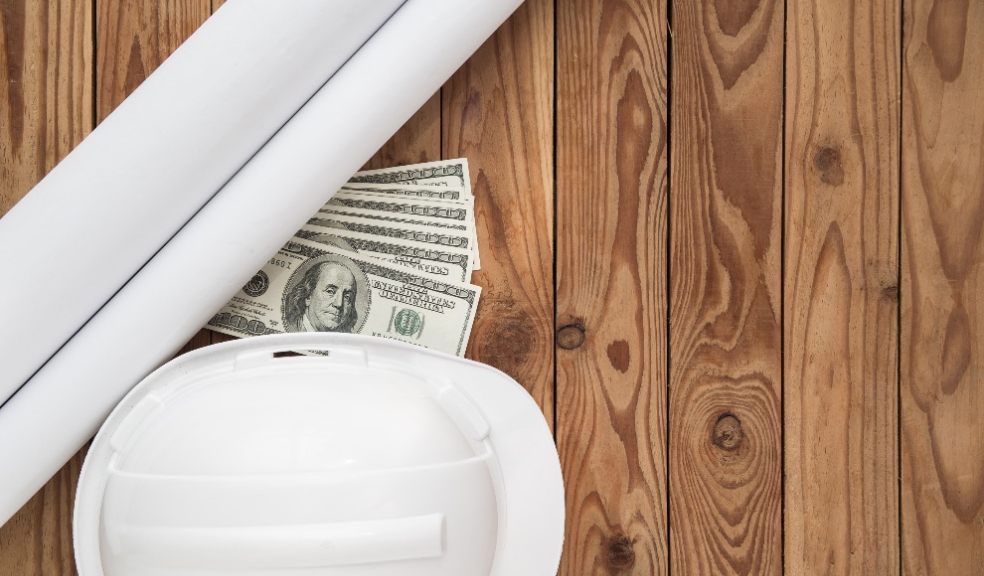
Renovation on a Budget: 6 Ways to Cut Costs Without Cutting Corners
Renovating your home can be an exciting experience, but if you are not careful, it can also lead to overspending. Many homeowners in the UK struggle to create their ideal space without exceeding their budgets or losing quality.
The good news is that costs are dropping. According to The Times, the average cost of construction projects at the start of 2025 fell to £12,065, a 28% drop from late 2024. This makes it more affordable to make changes to your home without sacrificing quality.
You can achieve both style and savings with careful planning and smart budgeting.
In this article, we'll share six strategies for managing renovation costs while adding real value to your home. Whether updating one room or doing a complete remodel, these tips will help you avoid costly mistakes and make the most of your budget.
Effective Budgeting Tips for Your Home Renovation
Here are the six effective budgeting tips for your home renovation:
-
Plan Every Detail Before You Start
The key to a successful renovation is careful planning. Plan your project in detail before you start any work or choose a paint colour. Good planning helps you avoid last-minute surprises that can lead to high costs.
In fact, about seven million UK homeowners plan to renovate their homes in 2025. Each person will spend an average of £14,000 over the next two years. This illustrates how important it is to set a budget and plan to avoid overspending.
First, clearly define your goals. What do you want to achieve, and how much money can you spend? Get several quotes from contractors or tradespeople to understand the costs involved. Next, create a timeline that includes every step, from demolition to finishing touches.
Don’t forget to set aside a contingency fund in your budget. Allocate about 10 to 15% to cover unexpected costs, like hidden damp or old wiring, common in older homes in the UK. By planning, you can reduce stress and extra expenses later.
-
Source Materials with Quality and Value in Mind
Choosing materials carefully is one of the best ways to balance cost and quality. While it might be tempting to pick the cheapest options, these often wear out quickly or look low-quality, leading to more expenses later.
Look for a mix of new and reused materials. Local suppliers and salvage yards often have high-quality reclaimed bricks, flooring, or fixtures that can add character and save you money. Pay attention to sales, too - big stores often have discounts after Christmas or during January, which is a great time to purchase tiles, kitchen units, or paint at lower prices.
You can also check online sites like eBay or Gumtree. Homeowners and contractors often sell leftover or gently used materials for much less than retail prices. This method combines sustainability with savings, benefiting your budget and the environment.
-
Take On DIY Tasks That Match Your Skills
Renovation costs often include high labour expenses, so doing some tasks can save you money. However, be honest about what you can handle and what requires a professional.
Many online tutorials help you manage DIY tasks like painting walls, installing laminate flooring, or putting up shelves. With the right tools and patience, you can also lay tiles on a kitchen splashback or install a radiator.
Always hire qualified professionals for electrical work, plumbing, or structural changes. Mistakes in these areas can be dangerous and costly to fix. Focusing on DIY projects you can realistically complete can save you money while ensuring safety and quality.
-
Choose the Right Time for Your Renovation
Scheduling your renovation can unexpectedly impact your budget. Contractors are often busier and charge more during peak construction seasons, mainly spring and summer. If you plan your renovation during slower times, like late autumn or winter, you can negotiate better rates and get your preferred schedule.
Material prices also fluctuate throughout the year. Buying supplies early during a sale or when prices decrease can help you avoid higher costs later when demand is high. By carefully planning each phase of your renovation, you can prevent costly overlaps and delays. For example, make sure to plan plastering before flooring installation.
Being flexible with your schedule can help you control costs and keep your project on track.
-
Manage Waste Efficiently to Save Money
A common hidden cost that surprises people who renovate is waste disposal. Waste disposal can quietly eat into your budget. Instead of booking multiple pickups or making endless trips to the tip, hire proskips to manage all your renovation waste in one go - quickly, legally, and without hidden fees.
Try to recycle or repurpose materials whenever possible. This reduces landfill costs and supports eco-friendly living, which is becoming more critical in UK homes today.
-
Reuse and Repurpose to Add Character and Cut Costs
Recent data from Mineral Products indicates that the UK’s construction sector recycled over 30% of total demand. This change shows a strong move towards eco-friendly ways and budget-friendly refurbishments. With this focus on reusing materials, homeowners can save money and reduce their environmental impact.
Think about creative ways to reuse materials from your renovation or other sources. Using repurposed doors, timber beams, old bricks, or retro tiles can add a unique charm to your home without the expense of buying new items.
Many homes in the UK have found charm and savings by getting materials from local salvage yards or reclamation centres. These places are full of items waiting to be given a new life. Reusing materials saves money and helps the environment, making your renovation more sustainable.
Creativity allows you to mix old and new materials, creating a home that feels original and special without spending too much.
Conclusion
You can update your home on a budget by planning well, making smart purchases, and having realistic expectations about DIY projects and timelines. Focus on value instead of just the initial cost - choose quality and style that will last.
By managing waste smartly and reusing materials creatively, you save money and add character to your space. A good budget renovation balances cost and design, showing you can have a beautiful home without sacrificing quality.
With these tips, you can start your renovation journey confidently and create a lovely, personalised space without overspending.













